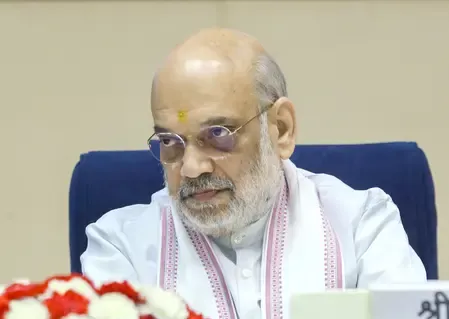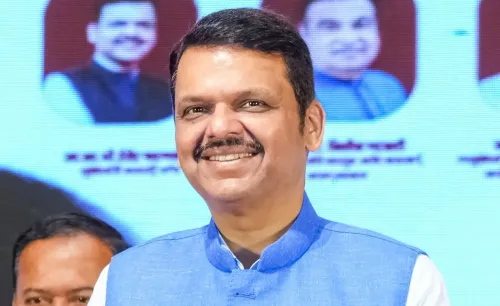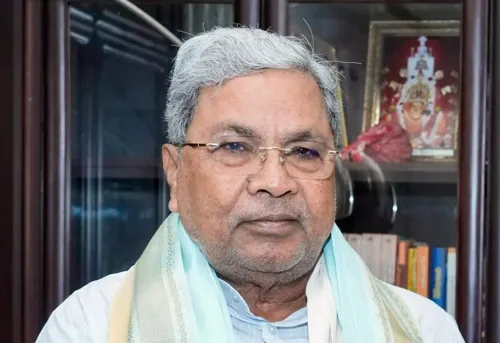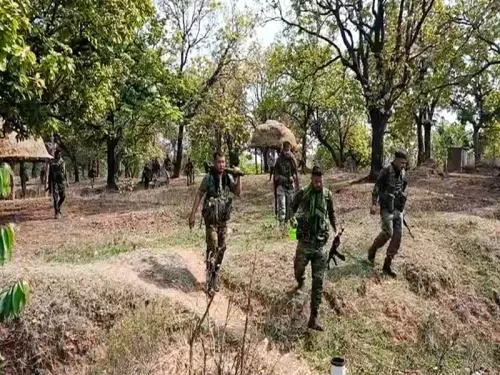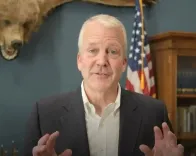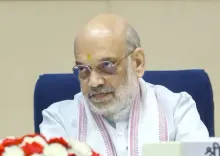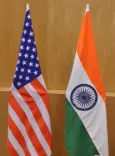What Are PM Modi's Wishes for Parsi New Year?

Synopsis
Key Takeaways
- Parsi New Year is a celebration of renewal and cultural heritage.
- Prime Minister Modi and President Murmu recognized the Parsi community's contributions.
- Navroz has roots dating back to Prophet Zarathustra.
- The festival promotes unity and public welfare.
- Parsis in India celebrate according to the Shahenshahi calendar.
New Delhi, Aug 16 (NationPress) On Saturday, Prime Minister Narendra Modi sent his heartfelt greetings for the Parsi New Year, celebrated on August 15, while praising the significant contributions of the Parsi community to India's development and progress.
In his message shared on X, the Prime Minister stated, "Warm wishes on the commencement of the Parsi New Year! We take pride in the lasting contributions of the Parsi community to our nation. May this year bring joy, prosperity, and good health to everyone. Navroz Mubarak!"
Just a day prior, President Droupadi Murmu also shared her best wishes with the community, emphasizing its influence in the nation's evolution.
She expressed, "On the auspicious occasion of the Parsi New Year Navroz, I extend my warm greetings and best wishes to all fellow citizens, especially Parsi brothers and sisters."
"Navroz symbolizes renewal, hope, and prosperity. This significant festival of the Parsi community is a chance to celebrate our rich cultural heritage. The Parsi community's entrepreneurial spirit and dedication to public welfare have made priceless contributions to our nation's progress," she added.
"May this special festival usher in peace and prosperity for all, inspiring every citizen to work towards building an inclusive nation," President Murmu concluded.
The Parsi New Year, also referred to as Navroz or Nowruz, marks the onset of spring and the revitalization of nature.
The name itself is of Persian origin, where 'Nav' means new and 'Roz' means day, collectively signifying a "new day." While traditionally associated with the March equinox, Parsis in India adhere to the Shahenshahi calendar, which places the celebration in July or August.
The roots of Navroz date back to the era of Prophet Zarathustra, the founder of Zoroastrianism, one of the earliest known monotheistic faiths.
Originating from Persia, now part of modern-day Iran, Zoroastrianism was a predominant religion of the ancient world prior to the rise of Islam in the seventh century.
Today, the festival remains a vibrant celebration among Parsis throughout India, embodying the principles of renewal, unity, and cultural heritage while reminding the nation of the community's extraordinary legacy and contributions.


